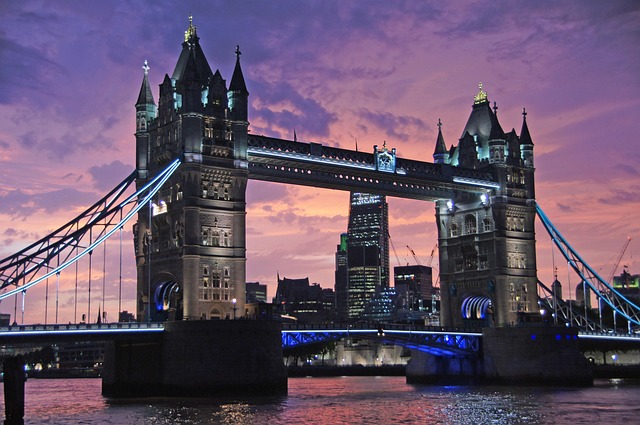 Just a few years ago, overpopulation was seen as one of the world’s major challenges. It was said that our planet could no longer sustain us and that natural resources were being depleted.
Just a few years ago, overpopulation was seen as one of the world’s major challenges. It was said that our planet could no longer sustain us and that natural resources were being depleted.
Today, the concern has shifted to the opposite issue: not enough children are being born. To maintain current population levels, the average birth rate needs to be at least 2.1 children per family – but we are well below that. Young people today seem less inclined to prioritize starting a family, let alone having children. As a result, the population of the Western world is expected to decline.
I don’t see this as a problem. Sweden was already a pioneering nation when it had only five million people. As the population shrinks, so do needs and demand, and the market adjusts alongside reduced production capacity.
Citizens may actually become wealthier, as the savings accumulated by previous generations will be divided among fewer heirs. Demand for land and housing will decline, and property prices will follow. This gives us the opportunity to demolish unattractive concrete suburbs and invest in beautiful, sustainable architecture and a more thoughtful lifestyle.
Yet many still see population decline as a major concern – perhaps precisely because future generations may become more affluent and independent. Our leaders often prefer obedient and dependent citizens, reliant on public support, which makes them easier to control.
Is this why we’re seeing the import of a new underclass – to keep real estate prices high and maintain a pool of economically dependent people? Much of the West’s GDP is based on inflated property values, which don’t reflect actual productivity. As we produce less and less, rising housing costs offer a convenient illusion of economic growth.
A major war could even serve as a reset button – wiping out debts and assets, allowing us to start anew. But it’s not ordinary people who would benefit, especially not those who’ve worked hard to save. It’s the ones living off interest and financial speculation – those who fear their pyramid schemes are coming to an end.
It will still take time before developing countries experience similar demographic shifts. Africa and South Asia continue to see population growth. In China – once the most populous nation on Earth – numbers have begun to fall. Some even believe official figures are exaggerated, arguing that decades of one-child policy, urbanization, and modernism have drastically reduced the population. High population figures in some African countries have also raised eyebrows, as larger populations can strengthen bargaining positions in foreign aid negotiations.
We are truly at a crossroads – economically, politically, and demographically. But there is also reason for optimism. These shifts may lead to positive change. The decentralization of media through the internet has empowered individuals to think independently. Technological advancements are delivering cheaper and more abundant energy. A smaller population leaves more resources for those who remain. And accumulated wealth no longer needs to be split ten ways. Ultimately, this could lead to greater political autonomy – because a free, independent, and strong-minded people are much harder to control.







